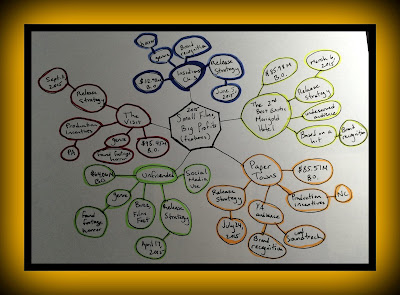CASE STUDY: How Script Coverage Helped Get Name Talent Aboard My Feature Film

Today's case study is written by Brian O'Malley from https://www.screenplayreaders.com on how the use of script reading services like his can make your script more enticing and intriguing to A-list actors. As we all know, one of the best strategies for getting your film financed and made is having top-notch name brands starring and guest-starring in your film. Hope you enjoy. ~~ Danny Image credit: Rafael Leonardo Re via Flickr Creative Commons Script coverage. We all know that for agents and producers, it's a great tool because a script reader can wade through a pile of scripts and find the good writers and good stories, then write up a brief script coverage and let her boss know, in a page or two, what's worth reading, and what's not. And it's a great tool for screenwriters as well. A well-written script coverage can help pinpoint how to improve story and character, plot and conflict, and so many other categories, making it a lot easier for th...
